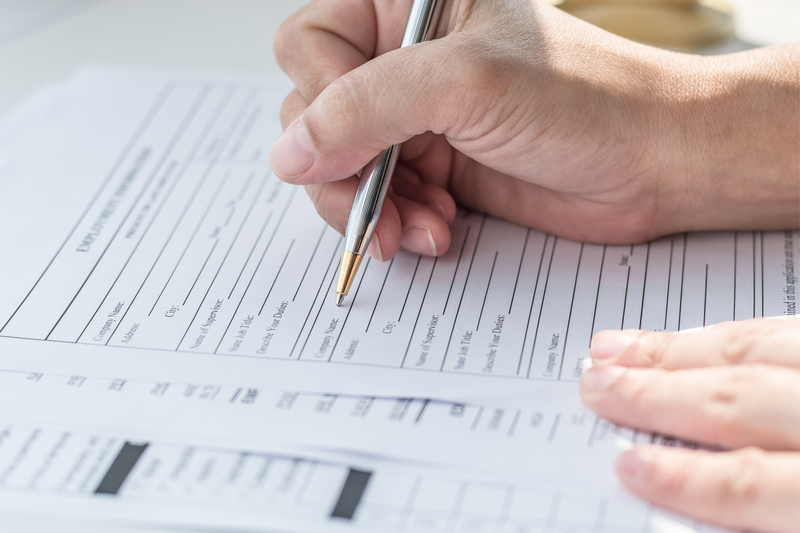Crack Open a Better Future with these Tips for Recycling your Easter Eggs
Posted on 24/05/2024
Easter is a time when people come together to celebrate new beginnings and the arrival of spring. It's also a time for colorful eggs, decorated baskets, and delicious chocolate treats. However, once the festivities have ended, many of us are left wondering what to do with all those leftover Easter eggs. While it may be tempting to throw them away, recycling your Easter eggs is actually a much better option for both the environment and your community. In this article, we'll discuss the benefits of recycling your Easter eggs, as well as provide some helpful tips on how to do it effectively.
Why Recycle Your Easter Eggs?
First and foremost, recycling your Easter eggs is an environmentally friendly choice. By reusing and repurposing these eggs, you are reducing the amount of waste that ends up in landfills or pollutes our oceans. According to the Environmental Protection Agency (EPA), over 30% of waste in landfills is made up of paper products such as egg cartons and cardboard egg boxes. By recycling these items, we can help decrease this percentage and minimize our impact on the environment.
Additionally, recycling Easter eggs can have a positive impact on your local community. Many organizations, such as food banks or homeless shelters, accept donations of used egg cartons for various purposes. For example, egg cartons can be used to hold fruits and vegetables at farmers' markets or as containers for homemade candles at craft fairs. By donating your egg cartons to these organizations, you are not only keeping them out of landfills but also providing valuable resources for those in need.

How to Recycle Your Easter Eggs
Now that you know the importance of recycling your Easter eggs, let's discuss some practical tips on how to do it effectively.
1. Compost Egg Shells: Instead of throwing away your eggshells, consider composting them. Eggshells contain important nutrients like calcium, which can enrich your compost and help your plants grow. Simply crush the eggshells and add them to your compost bin.
2. Repurpose Egg Cartons: Egg cartons are versatile and can be used for a variety of purposes. They can serve as storage containers for small items, such as jewelry or office supplies. You can also use them to start seedlings for your garden or as a fun craft project for kids.
3. Donate Egg Cartons: As mentioned earlier, many organizations accept donations of used egg cartons. Consider reaching out to local food banks, schools, or community centers to see if they are in need of these items. You can also check with your city's recycling program to see if they have a special collection for egg cartons.
4. Use Leftover Eggs in Recipes: If you find yourself with excess hard-boiled eggs, don't let them go to waste! You can incorporate them into various recipes such as deviled eggs or egg salad sandwiches. These dishes make great lunches or snacks and are a delicious way to use up those leftover Easter eggs.
The Pros and Cons of Recycling Your Easter Eggs
As with any practice, there are both pros and cons to recycling your Easter eggs.
Pros:
- Reduces waste in landfills
- Supports local community organizations
- Provides valuable resources for those in need
- Can be a fun and educational activity for children
Cons:
- Requires effort and time to properly recycle items
- Some recycling facilities may not accept certain types of egg cartons
- May not be feasible for larger quantities of leftover Easter eggs

Takeaways:
Recycling your Easter eggs is not only beneficial for the environment but also for your community. By following these simple tips, you can easily integrate recycling into your post-Easter clean up routine. Remember to compost your eggshells, repurpose or donate egg cartons, and find creative ways to use leftover cooked eggs in recipes.
Conclusion
This Easter, let's make a conscious effort to not only celebrate but also be mindful of our impact on the environment. By recycling our Easter eggs, we can contribute to a better future for ourselves and the generations to come. Let's crack open a better future by incorporating these tips into our holiday traditions. Happy Easter!
Latest Posts
Innovations Aiming to Reduce Ocean Waste
Reducing Waste in Christmas Celebrations




 020 3743 9508
020 3743 9508


